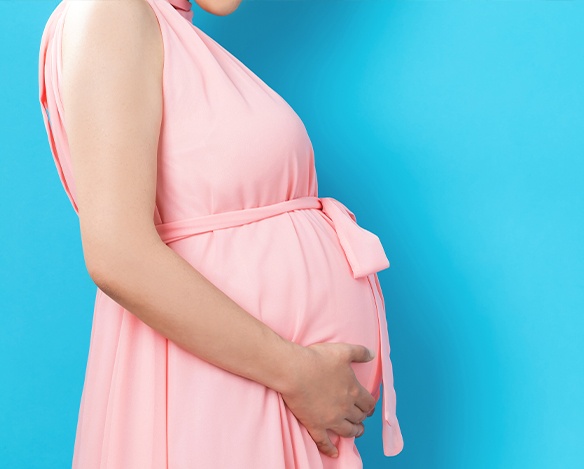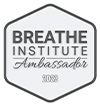Perinatal & Infant Oral Health – COPPELL, TX
Perinatal & Infant Oral Health
Perinatal

The American Academy of Pediatric Dentistry (AAPD) recommends that all pregnant women receive oral healthcare and counseling during pregnancy. Research has shown evidence that periodontal disease can increase the risk of preterm birth and low birth weight. Talk to your doctor or dentist about ways you can prevent periodontal disease during pregnancy.
Additionally, mothers with poor oral health may be at a greater risk of passing the bacteria which causes cavities to their young children. Mother’s should follow these simple steps to decrease the risk of spreading cavity-causing bacteria:
- Visit your dentist regularly.
- Brush and floss on a daily basis to reduce bacterial plaque.
- Proper diet, with the reduction of beverages and foods high in sugar & starch.
- Use a fluoridated toothpaste recommended by the ADA and rinse every night with an alcohol-free, over-the-counter mouth rinse with .05 % sodium fluoride in order to reduce plaque levels.
- Don’t share utensils, cups or food which can cause the transmission of cavity-causing bacteria to your children.
- Use of xylitol chewing gum (4 pieces per day by the mother) can decrease a child’s caries rate.
Infant Oral Health

Giving your child the best start to a healthy smile actually begins before the first tooth erupts. We recommend cleaning their gums at least once a day, or after their feeding by using a soft cloth or a clean gauze pad with your finger pressed into it as you move along gums. Once teeth start to erupt (around the age of 6 months) making sure to wipe any excess milk away after each feeding. We do not recommend using toothpaste until they are two years of age. Good brushing habits starting at an early age can help prevent cavities in the future.
Dr. Rozas and her team are experienced with teaching new parents how to take care of their baby’s mouth and teeth. The exams on infants are quick and easy, and so educational. Not only do parents receive oral hygiene instructions, but Dr. Rozas will also exam the baby’s mouth for any structural issues like tight frenums (tongue-tie/lip tie) but also, they will assess the arches for spacing issues.












